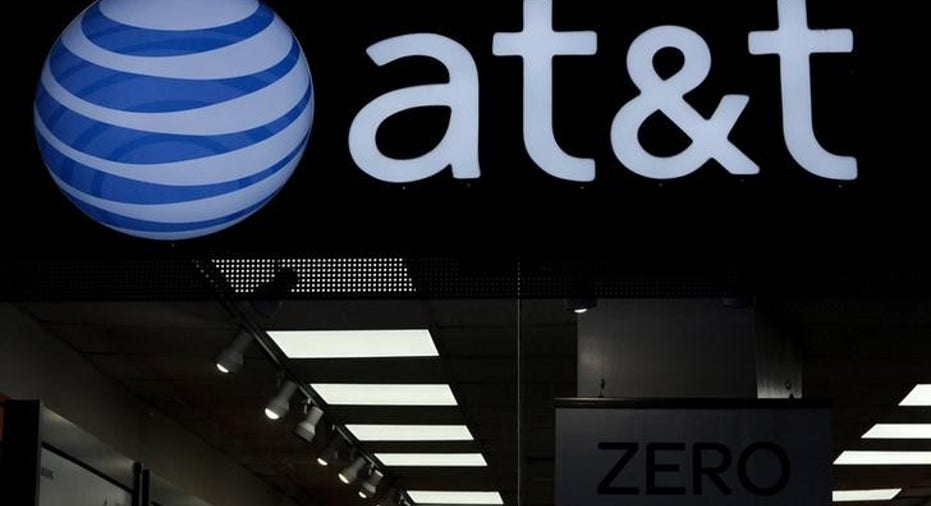DirecTV mobile streaming services in line with regulations, AT&T tells FCC

NEW YORK – AT&T Inc's DirecTV mobile video services that do not carry data charges for video streaming do not violate net neutrality rules, as any other online video provider can pay the wireless company to offer similar services on equal terms, the telecommunications company told the U.S. Federal Communications Commission in a letter on Monday.
Earlier this month, the FCC told AT&T it had "serious concerns" about whether rivals will be able to compete with its upcoming DirecTV Now online video service that will cost $35 a month, including mobile streaming, and demanded a response by Nov. 21.
Wireless customers are increasingly use data-guzzling apps, including mobile games and video services. As customers often see data overage charges, wireless companies have been experimenting with sponsored data programs that let customers consume data for free on certain applications such as video streaming apps.
The FCC's 2015 neutrality, or open internet, rules require internet service providers to treat all data equally and bar them from obstructing or slowing down consumer access to Web content. The FCC told AT&T in a letter on Nov. 10 that its DirecTV streaming service "may obstruct competition and harm consumers" because it could be too expensive for rivals not affiliated with AT&T to sponsor data programs to compete.
In a letter to the FCC, Bob Quinn, AT&T's senior executive vice president, said that through its sponsored data program any unaffiliated content provider can pay AT&T to offer video services with free mobile streaming on the same terms and conditions.
AT&T lets any content provider "specify how much data they want to sponsor" and charges them "the same low per gigabyte
rate regardless whether they are big or small or how much data they purchase," Quinn said.
The FCC's argument that AT&T does not incur costs in using its network to offer free data for video services, is "flatly incorrect," Quinn said.
Sponsored data services lead to a spike in video traffic stressing its mobile network, according to Quinn. As a result, AT&T has to make "capital-intensive investments, which will add to the billions (it) has already spent to keep up with skyrocketing mobile video usage," Quinn said.
AT&T is betting big on mobile video to tap new revenue as the U.S. wireless market stagnates. It acquired DirecTV for $48.5 billion in 2015, making it the largest U.S. pay-TV operator with 25.3 million video subscribers.
(Reporting by Malathi Nayak; Editing by Chris Reese and Jonathan Oatis)



















